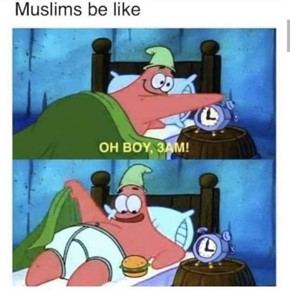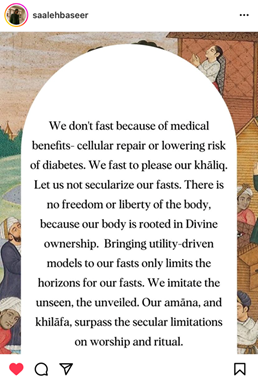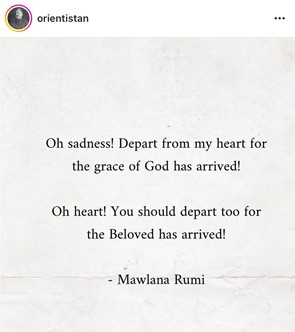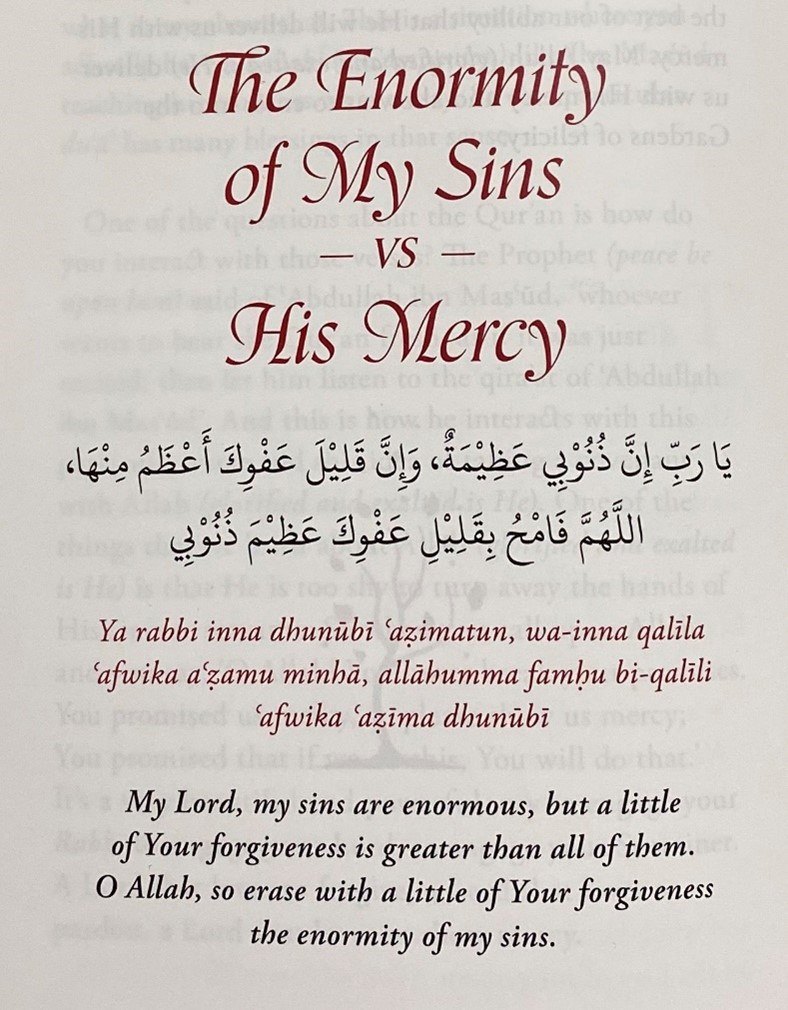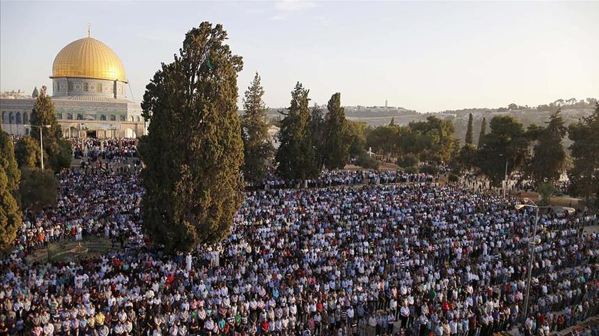The Muslim holy month of Ramadan is the ninth month of the Islamic calendar and traditionally begins and ends based on the sighting of the new moon. This year, Ramadan is expected to run from Wednesday 22 March to Thursday 20 April 2023.
During the month we will share some Ramadan Reflections from members of the King’s community. As Ramadan draws to a close we hear from Shabnam Nawaz, a Senior Teaching Fellow at the Florence Nightingale Faculty of Nursing & Midwifery, who has written a poem.
We are now within the last ten days of Ramadhan, and they hold a special significance for Muslims. This is as Laylat al-Qadr (the Night of Decree) falls within these days. This night is thought to fall on an odd night, and possibly the 27th night. It is when God revealed the Quran to the Prophet Muhammad (peace be upon him). Laylat al-Qadr is one of the holiest nights of the year for Muslims, as one night’s worship is equivalent to 1,000 months (83.3 years). For this reason, many Muslims will aim to stay awake and pray through the night during the last ten days of Ramadhan.
I wanted to share a poem that I have written with you all about Ramadhan:
Ramadhan
Ramadhan happens but once a year,
A month to pause, abstain, and reflect,
Mealtimes move to before sunrise and after sunset,
A time to focus and realign one’s faith,
Daily contemplation about those less fortunate,
Hunger, thirst, and tiredness keep one grounded and appreciative of the basics in life,
Anticipation in waiting for iftar (opening of the fast) is a daily occurrence!
Nice foods, prayers, adorning ones best clothes, and precious moments with friends and family await us on completion, with Eid insha’Allah (God Willing).
If you would like to share your own reflection of the holy month of Ramadan please email diversity@kcl.ac.uk
Supporting students & staff during Ramadan
We have produced resources on the support available for Muslim students and staff during Ramadan and guidance on maintaining health while fasting, along with more information on the month and how staff can support our Muslim community.
You can also find guidance on support for students on Student Services Online:
We should all be mindful of this important event for the Muslim community and be respectful of colleagues and students who are fasting and some of the challenges they may experience.
For any queries, please contact the Chaplaincy team, or either of our Muslim Chaplains, Imam Abdul Mumin Choudhury or Romana Kazmi.
Want to Learn more about Equality, Diversity & Inclusion at King’s College London?
- Found out more by visiting our Equality, Diversity & Inclusion at King’s pages.
- Follow us on Twitter.
- Email the team at diversity@kcl.ac.uk
